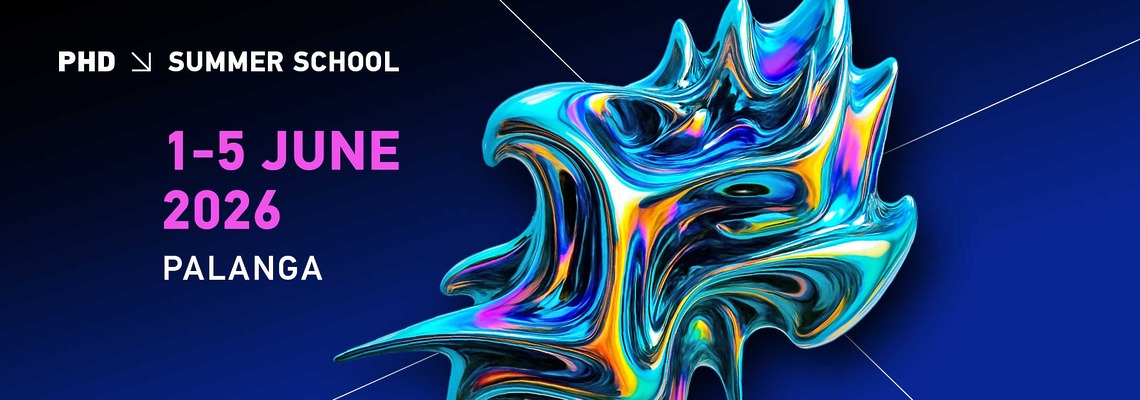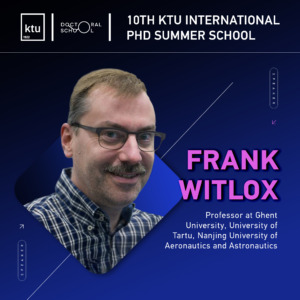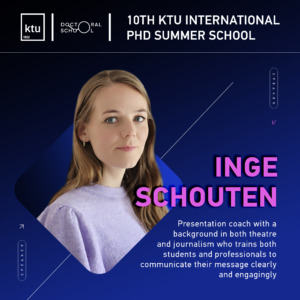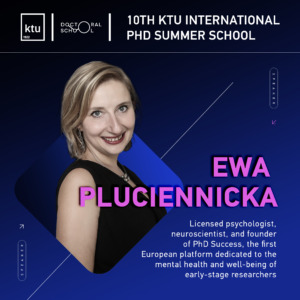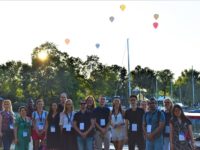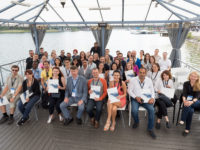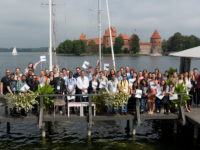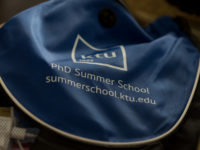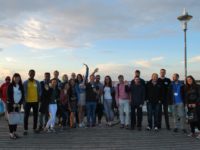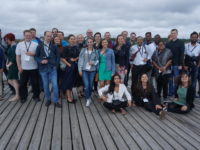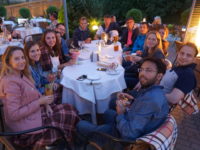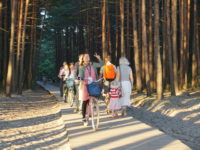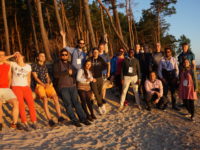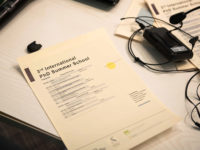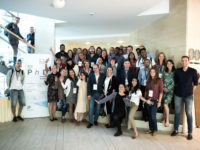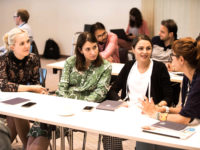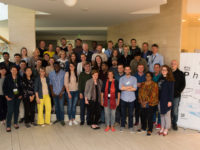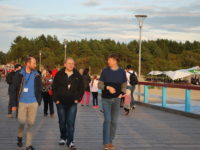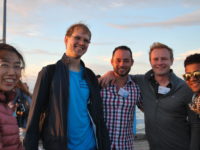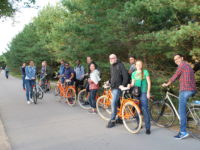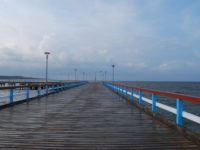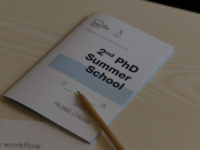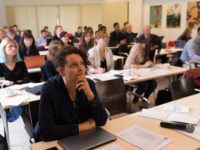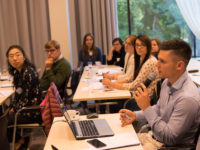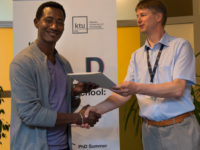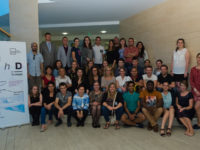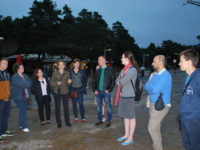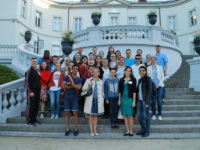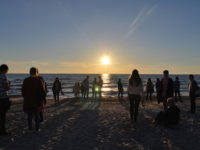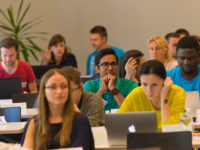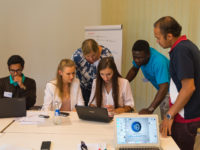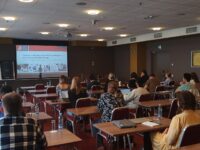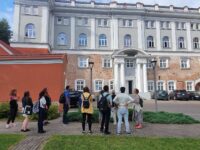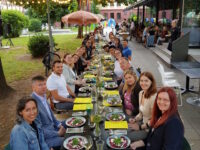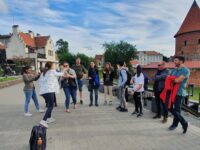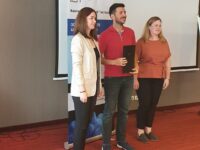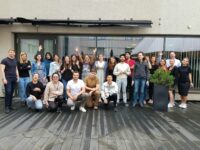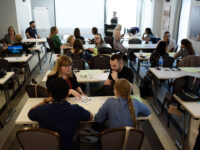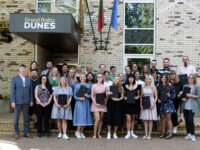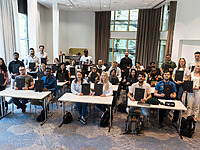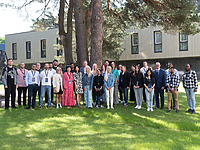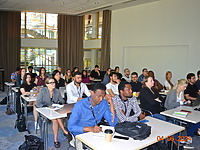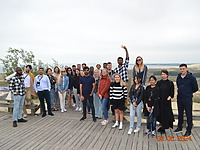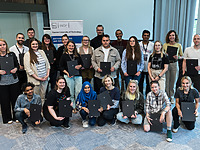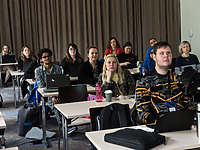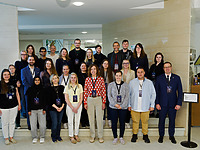Lecturers of previous PhD Summer School editions
2025
Frank Witlox, Ghent University, Belgium
Milica Ševkušić, Institute of Technical Sciences of the Serbian Academy of Sciences and Arts, Serbia
Inge Schouten, Delft University of Technology, the Netherlands
José Luis Molina Gonzalez, Autonomous University of Barcelona, Spain
2024
Magdalena Szuflita – Žurawska, Gdańsk University of Technology, Poland
Vikki Wright, the PhD Life Coach, United Kingdom
Frank Witlox, Ghent University, Belgium
Maria Soriano-Carot, IMFAHE, Spain
Wim Blokzijl, Delft University of Technology, The Netherlands
2023
Goda Raibytė-Aleksa, science journalist
Inga Popovaitė, Kaunas University of Technology, Lithuania
Magdalena Szuflita – Žurawska, Gdańsk University of Technology, Poland
Joeri Tijdink, Vrije University, The Netherlands
Jurgita Lazauskaitė-Zabielskė, Vilnius University, Lithuania
Jörg Langwaldt, Tampere University, Finland
Sarah Lynne Bowman, Uppsala University, Sweden
Kjell Hedgard Hugaas, Uppsala University, Sweden
2022
Domenico Golzio, European Patent Office, The Netherlands
Frank Witlox, Ghent University, Belgium
Eva Hnatkova, University of Chemistry and Technology in Prague, Czech Republic
Wim Blokzijl, Delft University of Technology, The Netherlands
Jörg Langwaldt, Tampere University, Finland
2021
Frank Witlox, Ghent University, Belgium
Domenico Golzio, European Patent Office, The Netherlands
Hallvard Fossheim, University of Bergen, Norway
Nicolas Dintzner, Delft University of Technology, The Netherlands
Wim Blokzijl, Delft University of Technology, The Netherlands
2019
Frank Witlox, Ghent University, Belgium
Ari Visa, Tampere University, Finland
Enrico Luzzatto, European Patent Academy, Germany
Hallvard Fossheim, University of Bergen, Norway
2018
Martijn Wackers, Delft University of Technology, The Netherlands
Telma Esteves, University of Twente, The Netherlands
Roger Strand, University of Bergen, Norway
Arminas Ragauskas, Health Telematics Science Institute, Kaunas University of Technology, Lithuania
2017
Flavien Massi, Intelligentsia Consultants Sàrl, Luxembourg
Lynn P. Nygaard, Peace Research Institute Oslo (PRIO), Norway
Jacek Fiutowski, University of Southern Denmark, Denmark
Sarah Jones, Digital Curation Centre, United Kingdom
Iryna Kuchma, Electronic Information for Libraries (EIFL), Lithuania
2016
Lucie Boudova, Elsevier, Czech Republic
Heidi Dyson, Next Level Innovation Ltd., United Kingdom
Dietmar Grichnik, University of St. Gallen, Switzerland
Elīna Gaile-Sarkane, Riga Technical University, Latvia


